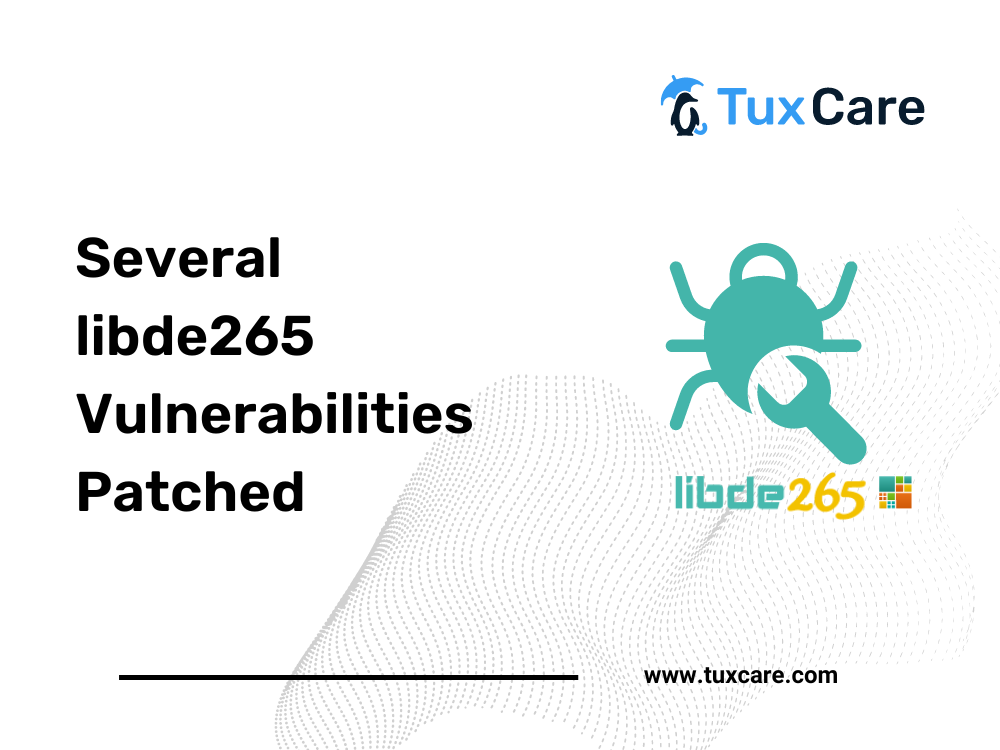Several libde265 Vulnerabilities Patched: What You Need to Know
Several vulnerabilities were discovered in libde265, an Open H.265 video codec implementation. These vulnerabilities could result in denial of service and potentially the execution of arbitrary code if a specially crafted file is opened. Recently, Ubuntu and Debian have released security updates for their affected operating systems, addressing libde265 flaws.
libde265 Vulnerabilities Fixed in Ubuntu
Out-of-Bounds Read (CVE-2021-35452, CVE-2021-36411, CVE-2022-43238, CVE-2022-43241, CVE-2022-43242)
Multiple instances of out-of-bounds read vulnerabilities have been discovered in libde265 with a CVSS severity score of 6.5 except CVE-2021-36411 (5.5). These vulnerabilities, if exploited through a specially crafted file, could lead to denial of service attacks.
Memory Management Issue (CVE-2021-36408)
With a CVSS severity score of 5.5, this flaw exists due to the improper memory management within libde265. Attackers could exploit this issue by tricking users into opening malicious files, potentially causing a denial of service or executing arbitrary code.
Logical Error (CVE-2021-36409)
A logical error within libde265 could be exploited if a specially crafted file is opened, leading to a denial of service. It has a CVSS severity score of 7.8.
Out-of-Bounds Write (CVE-2022-1253)
This libde265 vulnerability allows attackers to write out of bounds if a specially crafted file is opened. Such exploitation could result in a denial of service or potentially the execution of arbitrary code, posing a significant risk to affected systems. It has the highest severity score of 9.8.
Mitigation and Recommendations
It is essential to promptly apply security patches provided by the libde265 development team or relevant software distributors. These patches address known vulnerabilities and strengthen the security posture of the software. Additionally, users should exercise caution when opening multimedia files, especially those obtained from untrusted or unknown sources. The discovery of vulnerabilities in libde265 underscores the importance of proactive security measures in the cybersecurity strategy.
Conclusion
These vulnerabilities pose significant risks to users and systems utilizing libde265, particularly if left unpatched. The exploitation of these weaknesses could result in service disruptions, data breaches, or even complete system compromise. Therefore, users and administrators must take immediate action to mitigate these risks.
TuxCare offers a KernelCare Enterprise live patching solution that automatically applies all security patches and eliminates the need to restart the Linux systems after applying the patches. Learn more about live patching here.
The sources for this article can be found on USN-6627-1.



 Documentation
Documentation Login
Login




